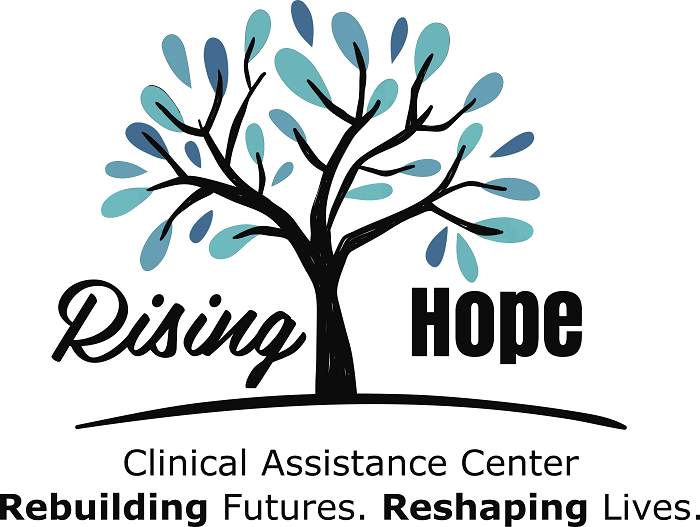Process Addiction Counseling & Therapy Winston-Salem NC
Process addiction, also known as a behavioral addiction, is an addiction characterized by a strong impulse to partake in a specific behavior.
An individual with a process addiction engages in this behavior even when it results in harmful consequences to their emotional, interpersonal, or physical well-being. With process addictions, the behaviors themselves provide a natural reward or emotional high. Behavioral addictions are fueled by compulsive behaviors that cause distress across areas of a person’s life.
Process addictions have many aspects in common with drug addiction. We recognize many addictions have the same roots. This is true whether they surface as substance abuse or compulsive behaviors. Examples of root causes include:
- Trauma
- Attachment disorders
- Neglect
- Overly attached parents
The Cause
Process addictions are also made worse by any co-occurring mental health disorders. Additional causes of this type of addiction include:
- Trauma: Unhealthy family relationships and trauma can cause a lifetime of struggle. People may try to numb this pain with drug abuse or compulsive behaviors to temporarily detach from uncomfortable feelings.
- Co-occurring mental health disorders: other mental illnesses often intensify process addictions.
- Genetics: Preliminary research suggests there are genetic factors when it comes to process addictions.
- Low Stress Tolerance: People lacking healthy coping skills are at a higher risk for behavioral addictions. Unhealthy coping skills can be a survival tactic for easing stress.
Types of Addictions
- Shopping addiction
- Food addiction
- Gambling addiction
- Sex addiction
Talk to your primary care doctor about your symptoms; or seek help directly from a mental health professional. If you’re reluctant to see a mental health professional, reach out to someone else who may be able to help guide you to treatment, whether it’s a friend or loved one, a teacher, a faith leader, or someone else you trust.




